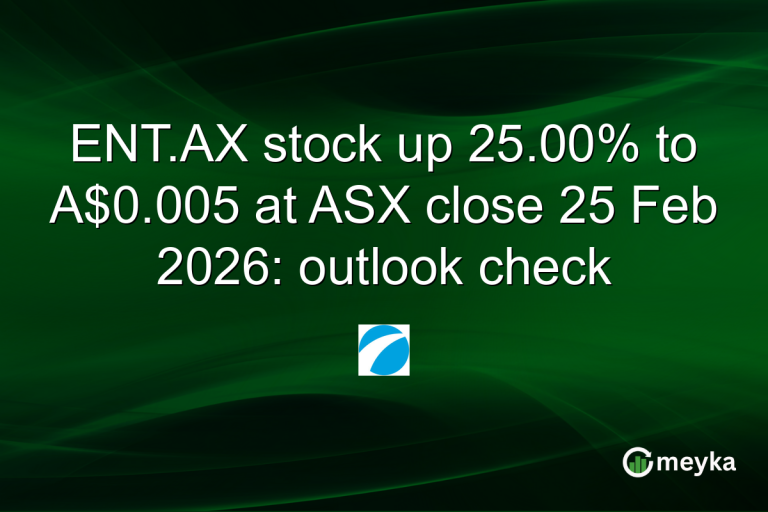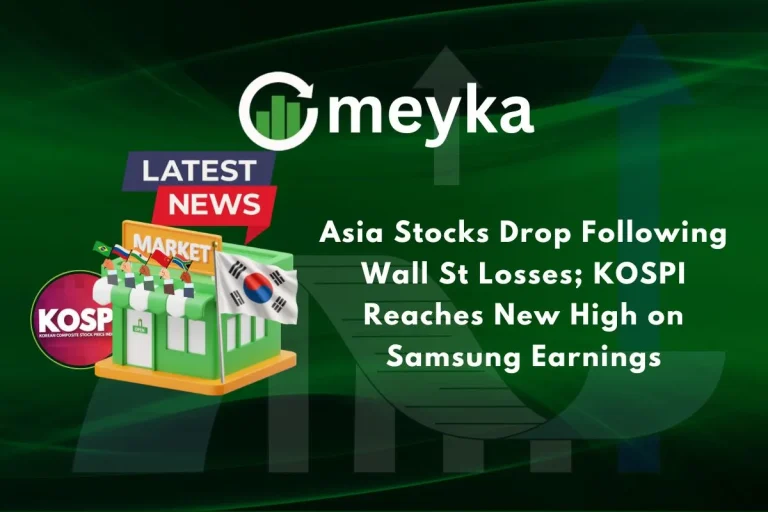CBA News Today, Nov 22: CEO Warns of Intense Competition from Tech Rivals
Commonwealth Bank of Australia’s CEO, Matt Comyn, has raised concerns about mounting competition from US tech giants. This warning highlights vulnerabilities in the Australian banking sector, especially for established players like CBA. At a recent financial briefing, Comyn pointed out how these tech companies are leveraging digital innovations, threatening traditional banking models. As Australia’s largest bank, Commonwealth Bank’s position remains pivotal, particularly as it strategizes to counteract this new wave of competition.
Continue Reading on Meyka
This article is available in full on our main platform. Get access to complete analysis, stock insights, and more.
Read Full Article →





